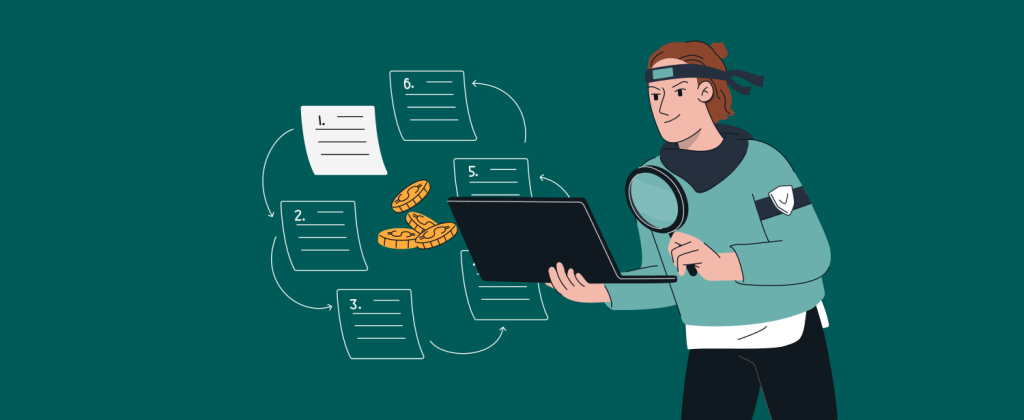In today’s digital world, cybersecurity is no longer just a concern for IT professionals or large organizations. Every individual who uses a smartphone, computer, or social media platform plays a part in maintaining online safety. From personal data protection to preventing cyberattacks, the responsibility of cybersecurity now rests on everyone’s shoulders.
As technology continues to advance, so do the tactics of cybercriminals. Data breaches, phishing scams, and identity theft have become common threats. Understanding cybersecurity and taking proactive steps can make a real difference in keeping yourself and your community safe online.
Table of Contents
What Is Cybersecurity and Why It Matters
Cybersecurity refers to the practices, technologies, and processes designed to protect digital systems, networks, and data from unauthorized access or damage. It covers everything from securing your Wi-Fi connection to protecting global financial systems.
In the modern era, personal data is as valuable as currency. Every time you log into a website, shop online, or share information on social media, you leave behind a digital footprint. Hackers and malicious actors can exploit this data if it isn’t properly protected.
Cybersecurity matters because:
- It safeguards your privacy and sensitive data.
- It protects financial transactions from theft or fraud.
- It ensures business continuity by preventing system breaches.
- It builds trust between users, companies, and digital services.
When people neglect online safety, the risks extend beyond individual loss. A single hacked account can be used to spread malware, phishing links, or misinformation that affects many others.
Common Cyber Threats You Should Know
To understand why cybersecurity is a shared responsibility, it helps to recognize the most common threats that people face daily:
- Phishing Scams: Fake emails or messages designed to trick you into revealing personal information like passwords or bank details.
- Malware: Harmful software that can infect your device, steal data, or corrupt files.
- Ransomware: A form of malware that locks your data and demands payment for its release.
- Social Engineering: Manipulative tactics used to deceive people into giving away confidential information.
- Identity Theft: When someone steals your personal information to commit fraud or impersonate you online.
- Data Breaches: Unauthorized access to databases containing sensitive user information.
Each of these threats can affect anyone not just large corporations or government institutions.
How Individuals Can Strengthen Cybersecurity
The good news is that you don’t need to be a tech expert to improve your online safety. Here are practical steps every person can take:
1. Use Strong, Unique Passwords
Avoid using the same password across multiple accounts. Create complex passwords using a mix of letters, numbers, and symbols. Consider using a password manager to keep track of them securely.
2. Enable Two-Factor Authentication (2FA)
This adds an extra layer of security by requiring a second verification step like a text message code or authentication app before logging in.
3. Be Cautious with Emails and Links
Never click on links or download attachments from unknown sources. Always verify the sender’s address before responding to messages requesting personal or financial information.
4. Keep Your Software Updated
Outdated apps, browsers, and operating systems can contain security vulnerabilities. Regular updates often include patches that protect against new threats.
5. Use Secure Networks
Avoid using public Wi-Fi for sensitive tasks like banking or online shopping. If necessary, use a trusted Virtual Private Network (VPN) to encrypt your data.
6. Back Up Your Data Regularly
Store important files in secure cloud services or external drives to protect against data loss from malware or hardware failure.
7. Educate Yourself and Others
Awareness is your best defense. Stay informed about common cyber risks and share that knowledge with friends, family, and colleagues.
Cybersecurity and Social Media
Social media platforms are often used by hackers to collect data or spread scams. Oversharing personal information like your location, birthday, or travel plans can make you vulnerable.
To protect yourself:
- Review your privacy settings regularly.
- Be selective about friend requests and followers.
- Avoid posting sensitive details such as home addresses or financial information.
- Report suspicious messages or fake accounts promptly.
Remember, cybercriminals often use social engineering manipulating trust and curiosity to target people. Vigilance is key.
The Future of Cybersecurity
As we move toward more connected technologies including smart homes, AI systems, and the Internet of Things (IoT) cybersecurity will become even more essential. Each connected device represents a potential entry point for hackers.
Future advancements like AI-driven threat detection, blockchain-based security, and quantum encryption will help improve defense mechanisms. But technology alone won’t be enough. Human awareness, responsibility, and ethical use of technology will remain the foundation of digital safety.
Conclusion
Cybersecurity is no longer optional it’s a shared duty in the digital age. Every time you secure your account, ignore a phishing email, or update your password, you contribute to a safer internet for everyone.
The more people understand their role in cybersecurity, the stronger our collective defense becomes. Protecting your digital identity is not just about avoiding risks, it’s about ensuring a secure, trustworthy online future for all. Also Check Exploring Quantum Computing in 2025 – The Next Big Thing







1 thought on “Why Cybersecurity Is Responsibility – Ultimate Guide – 2025”